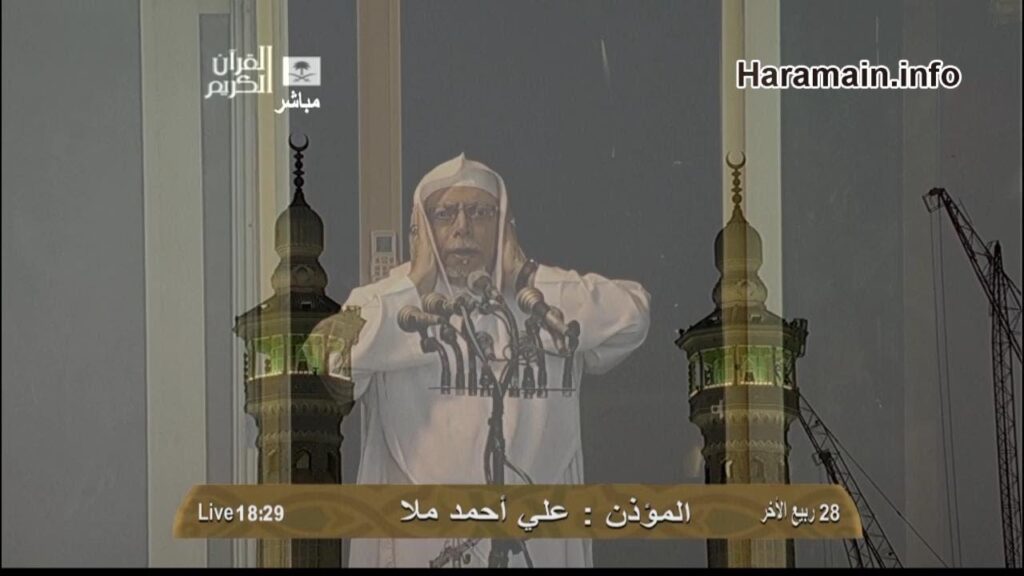The Maghreb Athan is one of the five daily calls to prayer in Islam, marking the end of the day’s fast during Ramadan and signaling the transition from daylight to night. This prayer holds deep spiritual and cultural significance for Muslims worldwide, serving as a moment of reflection, gratitude, and devotion. As the sun dips below the horizon, the sound of the Athan resonates across cities, villages, and mosques, uniting believers in prayer.
Understanding the Importance of Maghreb Prayer
In Islamic tradition, the Maghreb prayer is the fourth of the five obligatory daily prayers, performed just after sunset. It is a brief but powerful prayer, consisting of three rak’ahs (units of prayer), symbolizing the closure of the day’s activities and the transition to the evening’s spiritual and personal engagements.
The Maghreb prayer is particularly significant during Ramadan, as it marks the moment when Muslims break their fast. The Athan for Maghreb is a much-anticipated call, as it signals the time to partake in Iftar—the meal that breaks the daily fast.

The Athan: A Universal Call
The Athan (or Adhan) is the Islamic call to prayer, recited by a designated individual known as the muezzin. The call is traditionally delivered from the mosque’s minaret, though modern technology now amplifies it through loudspeakers, ensuring that the faithful hear it wherever they are. The Maghreb Athan, like all other calls to prayer, consists of the following phrases:
Allahu Akbar, Allahu Akbar
(God is the Greatest, God is the Greatest)
Ashhadu an la ilaha illa Allah
(I bear witness that there is no god but Allah)
Ashhadu anna Muhammadan Rasul Allah
(I bear witness that Muhammad is the Messenger of Allah)
Hayya ‘ala as-Salah
(Come to prayer)
Hayya ‘ala al-Falah
(Come to success)
Allahu Akbar, Allahu Akbar
(God is the Greatest, God is the Greatest)
La ilaha illa Allah
(There is no god but Allah)
Each phrase of the Athan carries deep meaning, inviting Muslims to pause, reflect, and turn to prayer. The Maghreb Athan, in particular, is an emotional and soothing call that signifies the end of the day’s toil and the beginning of evening worship and fellowship.
Maghreb Prayer Around the World
The experience of Maghreb prayer varies across different cultures and regions. In many Muslim-majority countries, cities come to life at Maghreb as families gather for Iftar. Streets and mosques are filled with people preparing to break their fast, and the Athan blends harmoniously with the sounds of bustling markets and evening preparations.
In countries where Muslims are a minority, the Maghreb prayer holds special significance as a moment of community bonding. Many mosques and Islamic centers host Iftar gatherings, fostering a sense of togetherness among worshippers.
Technological Advancements in the Call to Prayer
In the modern era, technology has played a vital role in ensuring that the Maghreb Athan is accessible to all. Mobile applications, websites, and automated Athan clocks help Muslims track prayer times accurately. Many Muslim-majority countries, such as Saudi Arabia and the UAE, have digital systems that synchronize Athan broadcasts across cities, ensuring uniformity in call timings.
Additionally, smart devices now allow users to receive Athan notifications, making it easier for those in non-Muslim countries to stay connected to their prayer obligations.
Breaking Fast at Maghreb: The Ritual of Iftar
The Maghreb prayer is closely associated with Iftar, the meal that breaks the daily fast during Ramadan. Traditionally, Muslims break their fast with dates and water, following the practice of Prophet Muhammad (peace be upon him). This simple act is both spiritually rewarding and scientifically beneficial, as dates provide an instant energy boost after long hours of fasting.
Following the initial break of fast, Maghreb prayer is performed before indulging in a full meal. Families and communities come together to share food, reinforcing the values of gratitude, charity, and unity.
The Spiritual Reflection of Maghreb Prayer
Maghreb prayer is often viewed as a time for reflection and gratitude. It serves as a reminder of the passage of time, encouraging believers to make the most of each day. As the day concludes, Muslims seek forgiveness for any shortcomings and express gratitude for the blessings they have received.
The tranquility of Maghreb prayer also provides a sense of inner peace, allowing worshippers to reconnect with their faith before transitioning into the night. It is a moment of quietude amidst the day’s chaos, helping individuals find spiritual balance.
Conclusion
The Maghreb Athan is more than just a call to prayer—it is a symbol of faith, unity, and spiritual reflection. Whether heard in the towering minarets of grand mosques or through digital devices in distant lands, its message remains the same: a reminder to pause, worship, and give thanks.
For Muslims around the world, the Maghreb prayer is a cherished moment that marks the end of the day’s journey and the beginning of the night’s serenity. As cities slow down and families gather for Iftar, the echo of the Maghreb Athan continues to serve as a timeless call to faith, devotion, and community.
Do follow Uae stories for more Updates
Dubai Crime Wave: Shocking Cases Unfold in the UAE Metropolis













